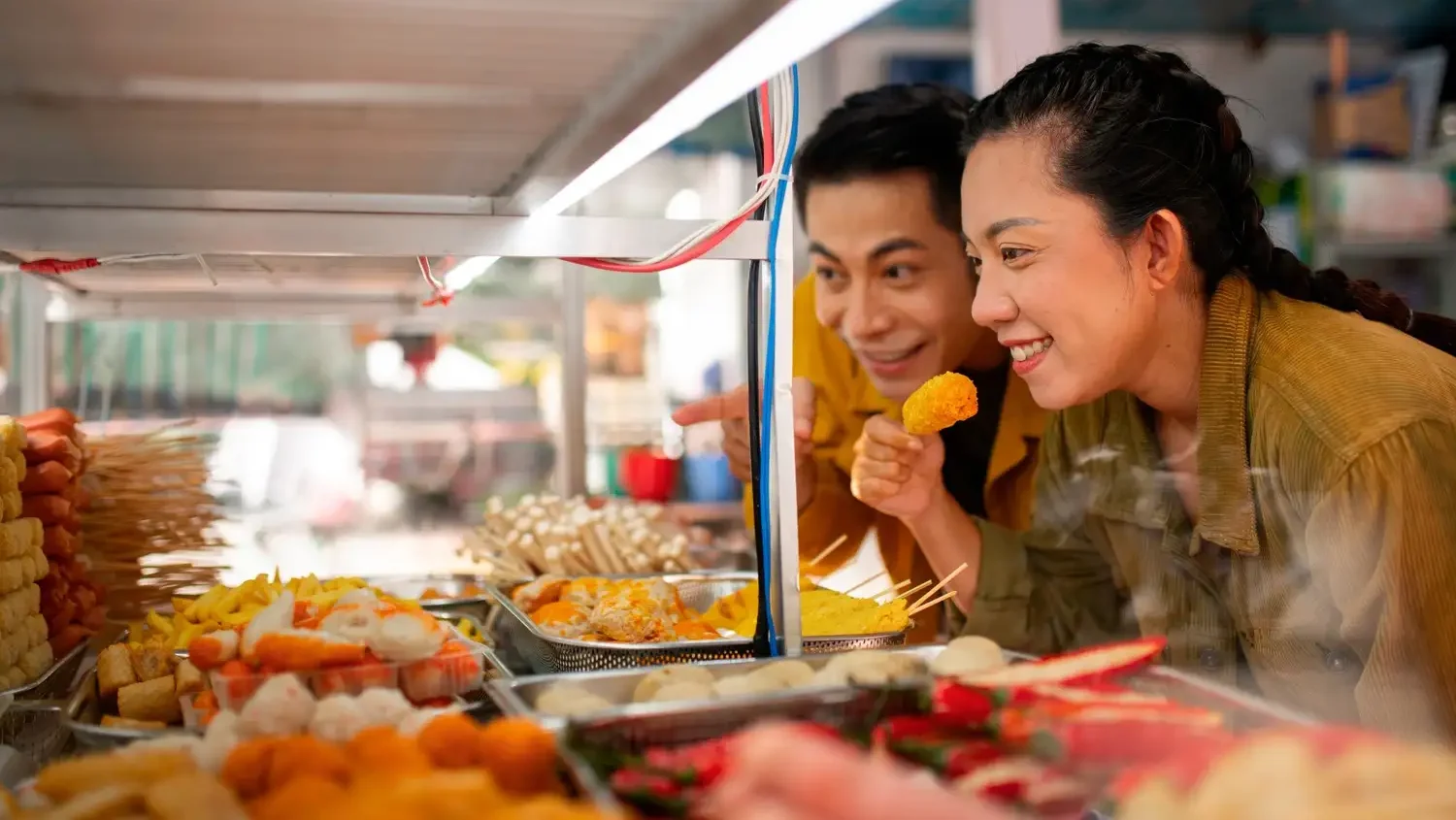SINGAPORE: Singapore’s dining experience in 2025 is making signs of change in aspects that influence food consumption in the city-state, and these traits are explained below.
A strong trend is the transition to more plant-based eating patterns, motivated by concerns for well-being and the planet. Advances in lab-grown meats and plant-based dairy products are making it easier for people to continue making the right ethical choices.
There is now a new emerging trend of vegan diets within the Singapore food and beverage industry because of health, environmental, and ethical concerns. The Singapore Plant-Based Food and Beverages Market is expected to have a Compound Annual Growth Rate of 6. 97% for the forecast period of 2025-2030.
More to livestock and meat substitutes
This growth is, therefore, in response to a heightened consumer knowledge network on the health value addition of plant-based food and beverages, improvement in animal welfare, and enhanced government efforts to promote this knowledge.
To meet this demand, many domestic and foreign firms are now developing new generations of meat analogues. These are plant-mimic proteins made from legumes, nuts and seeds to closely resemble the typical meat products.
Functional beverages are a new phenomenon on the market
Functional drinks containing adaptogens, probiotics, and superfoods are no longer a niche market trend. It will help fill the gap between the current trends in alcoholic beverages with well-being-oriented beverages that enhance immunity.
These products address the needs of modern consumers who want to take more than mere nutrition, including boosting their immunity and mental health. The consumption scale of functional beverages is still expanding, and according to the market data of 2024, it has increased by 6%.
Of course, these functional drinks are being adopted by local cafés and restaurants and included in the menu as adaptogen teas and probiotic smoothies, for instance. This trend is in harmonization with the culture of living a healthy lifestyle all over the world and presenting consumers with options that conform to their new, healthier lifestyles.
In another strategy, troubled mind-related credentials, such as cognitive and mental boosts, are common in the beverage industry, with drinks designed to calm, energize, or uplift consumers being common in the market. These consumers’ rising trend is because of the enhanced ‘better-for-your health’ initiative that has taken place in the beverage segment.
Elevated comfort food
Producers are debuting super staples—traditional foods that incorporate memories and updated techniques to fit the profiles of regional populations.
This approach allows customers to look at structures that may remind them of their childhood while also coaxing them to try out new things that popped up within a short time. As for the functional perspective, chefs and home cooks experiment with differential seasoning, where various cooking oils are used with toasted sesame, coconut, and avocado oil to unveil another characteristic of every dish.
That’s when restaurants realized they needed ‘super staples,’ serving up new takes on familiar dishes to meet new tastes. This trend is due to a strong focus on roots and, at the same time, new creativity, which creates receptive menus.
Clarified cocktails
Clarified cocktails, clear alcoholic drinks without dissolved particulates, and other sedimentations are already familiar in the beverage scene. Barkeepers in Singapore remove these drinks from their vessels before serving them to their guests.
Bartender uses elements such as doing a milk clarification and making their drinks look trendy and classy. It is consistent with the general trend for more refined and visually appealing alcoholic products that provide a multisensory experience.
Clarified cocktails are popular because establishments display them, reaching patrons looking for new and visually appealing products. Also relevant to Singapore is the severe preparation required to make these drinks, thanks to the country’s gifted bartenders. Bars are going even further than that and are working with designers to develop specialized glasses that can take a drink up a notch and turn a person into a spectator and a taleteller.
Sustainable dining practices
Sustainability is still fundamental; restaurateurs use biodegradable products, source foods from local producers, and reduce food waste to benefit the green-leaning clientele. This would entail buying locally grown food to help cut down certain amounts of greenhouse gas emissions, preparing food to limit food waste, and using eco-friendly tableware wherever possible.
The return of Singapore to local farming by the government ‘30 by 30’ to produce at least 30% of local nutritional requirements by 2030 also supports this culture of sustainable eating. Consumers are going to places that show concern for conserving the environment by implementing policies.
As a result, most restaurants clearly and proudly explain all their sustainability initiatives, such as sourcing ingredients and using consumer waste. Perhaps the focus on sustainability creates a better dining culture in that ethical factors are valued as quality. This approach allows for continued growth and sustenance of the food industry in Singapore, together with upholding the best techniques in the rapidly changing global hospitality industry that leans towards sustainability.
Highlighting the above trends, it is evident that Singapore has focused on innovation and sustainability in its diverse food and beverage sector, which caters to the trends of 2025.

